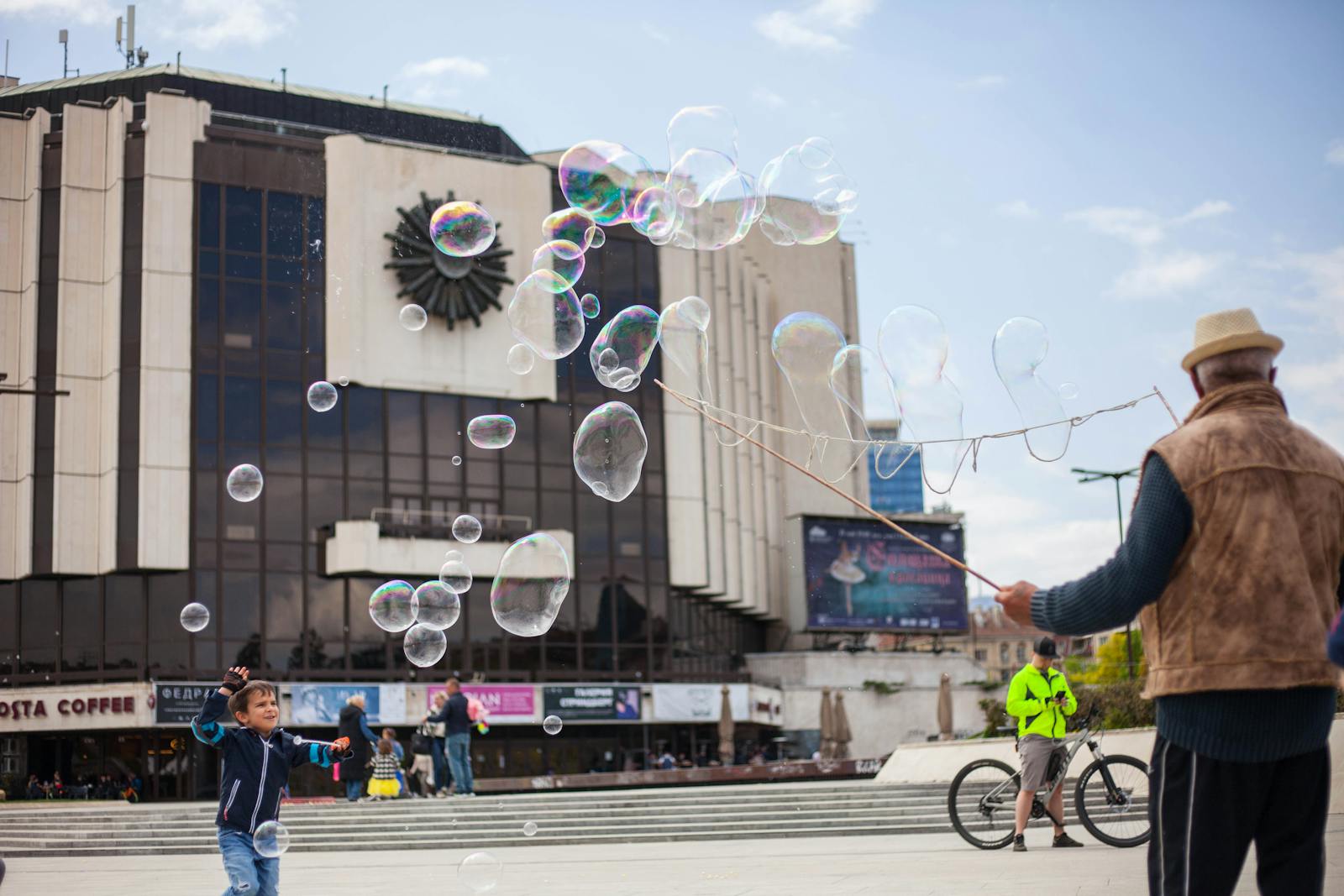How To Make a Real Difference with Circles of Trust and the SDGs

Want to build a thriving community while tackling global challenges? Circles of Trust (CoT) aligns perfectly with the UN’s Sustainable Development Goals (SDGs). These 17 goals cover issues like poverty, climate change, and inequality.
Driving Progress Through Collective Action

Building a better future requires working together. Circles of Trust (CoT) empowers communities to tackle challenges and achieve the SDGs through collective action.
Here’s how CoT makes a difference:
- Harness Collective Power: CoT fosters collaboration, allowing communities to work together on solutions for their specific SDG goals.
- Learn from Success Stories: Explore real-world case studies showcasing how CoT communities are driving progress.
- Gain Clarity and Impact: Discover how CoT frameworks can be adapted to your community and its unique needs.
Use Case Examples
Learn more about CoT and see how it works in practice! Explore case studies, take on challenges, and see how your community can contribute to achieving the SDGs.
Community Promoters
Business Owners:
- Example: Jane is a passionate local business owner in Nairobi, running a boutique eco-friendly clothing store. She joins Circles of Trust to network with other sustainable businesses, organize community clean-up drives, and promote ethical fashion choices among consumers.
Nonprofit Leaders:
- Example: David leads a nonprofit organization in Kenya dedicated to providing clean water access to rural communities. He partners with Circles of Trust to raise awareness about water scarcity issues, mobilize volunteers for well-drilling projects, and advocate for sustainable water management practices.
Social Entrepreneurs:
- Example: Grace founded a social enterprise in Kenya that produces affordable solar lamps for off-grid households. She utilizes Circles of Trust to expand her distribution network, educate communities on solar energy benefits, and empower local women through employment opportunities in the renewable energy sector.
Influencers and Thought Leaders:
- Example: Peter is a popular environmental activist in Kenya with a large following on social media. He collaborates with Circles of Trust to organize community tree-planting campaigns, raise awareness about deforestation threats, and lobby for stronger environmental protection policies at the local and national levels.
Community Organizations:
- Example: The Kibera Youth Initiative in Nairobi focuses on youth empowerment and education. They partner with Circles of Trust to launch mentorship programs, provide vocational training for young adults, and advocate for better educational resources in informal settlements.
Educational Institutions:
- Example: Moi University in Eldoret partners with Circles of Trust to enhance community engagement initiatives, support local businesses through entrepreneurship programs, and encourage alumni involvement in mentoring current students.
Corporate Social Responsibility (CSR) Teams:
- Example: Safaricom’s CSR team in Kenya collaborates with Circles of Trust to implement mobile health clinics in underserved rural areas, promote digital literacy among youth through training workshops, and support small-scale farmers with access to market information via mobile technology.
Government Agencies:
- Example: The Ministry of Health in Kenya works with Circles of Trust to improve maternal and child healthcare services in remote regions, conduct health awareness campaigns on prevalent diseases, and facilitate community dialogues to address healthcare access challenges.
- Example: The Ministry of Information and Communication Technology (ICT) in Kenya collaborates with Circles of Trust to enhance information accessibility at the local level. Through this partnership, the ministry aims to bridge the digital divide and empower citizens with reliable information and digital literacy skills.
These examples illustrate how Community Promoters in Kenya can leverage Circles of Trust to drive impactful change within their communities.
Community Hosts
Community Organizations:
- Example: The Maasai Mara Wildlife Conservancies Association in Kenya partners with Circles of Trust to coordinate sustainable tourism initiatives. They host community forums, collaborate with local businesses on eco-friendly practices, and promote wildlife conservation through educational programs.
Educational Institutions:
- Example: Kenyatta University collaborates with Circles of Trust to establish a community learning center. They host workshops on agricultural practices, facilitate skills training for unemployed youth, and offer mentorship programs to empower local entrepreneurs.
Corporate Social Responsibility (CSR) Teams:
- Example: Safaricom, a telecommunications company in Kenya, uses Circles of Trust to enhance its CSR efforts. They sponsor mobile health clinics in rural areas, support digital literacy programs for youth, and engage employees in volunteering activities that benefit local communities.
Government Agencies:
- Example: The Ministry of Health partners with Circles of Trust to improve healthcare access in underserved regions. They organize vaccination drives, conduct health awareness campaigns, and collaborate with community health workers to promote maternal and child health.
These examples demonstrate how various Community Hosts can leverage the Circles of Trust Framework to strengthen community engagement, foster collaboration, and address local challenges effectively.
UN SDGs
- SDG-01: No Poverty
- SDG-02: Zero Hunger
- SDG-03: Good Health and Well-Being
- SDG-04: Quality Education
- SDG-05: Gender Equality
- SDG-06: Clean Water and Sanitation
- SDG-07: Affordable and Clean Energy
- SDG-08: Decent Work and Economic Growth
- SDG-09: Industry, Innovation, and Infrastructure
- SDG-10: Reduced Inequalities
- SDG-11: Sustainable Cities and Communities
- SDG-12: Responsible Consumption and Production
- SDG-13: Climate Action
- SDG-14: Life Below Water
- SDG-15: Life on Land
- SDG-16: Peace, Justice, and Strong Institutions
- SDG-17: Partnerships for the Goals
Join The Mailing List of 499+ CoTs
Stay in the loop with everything you need to know about Circles of Trust.
